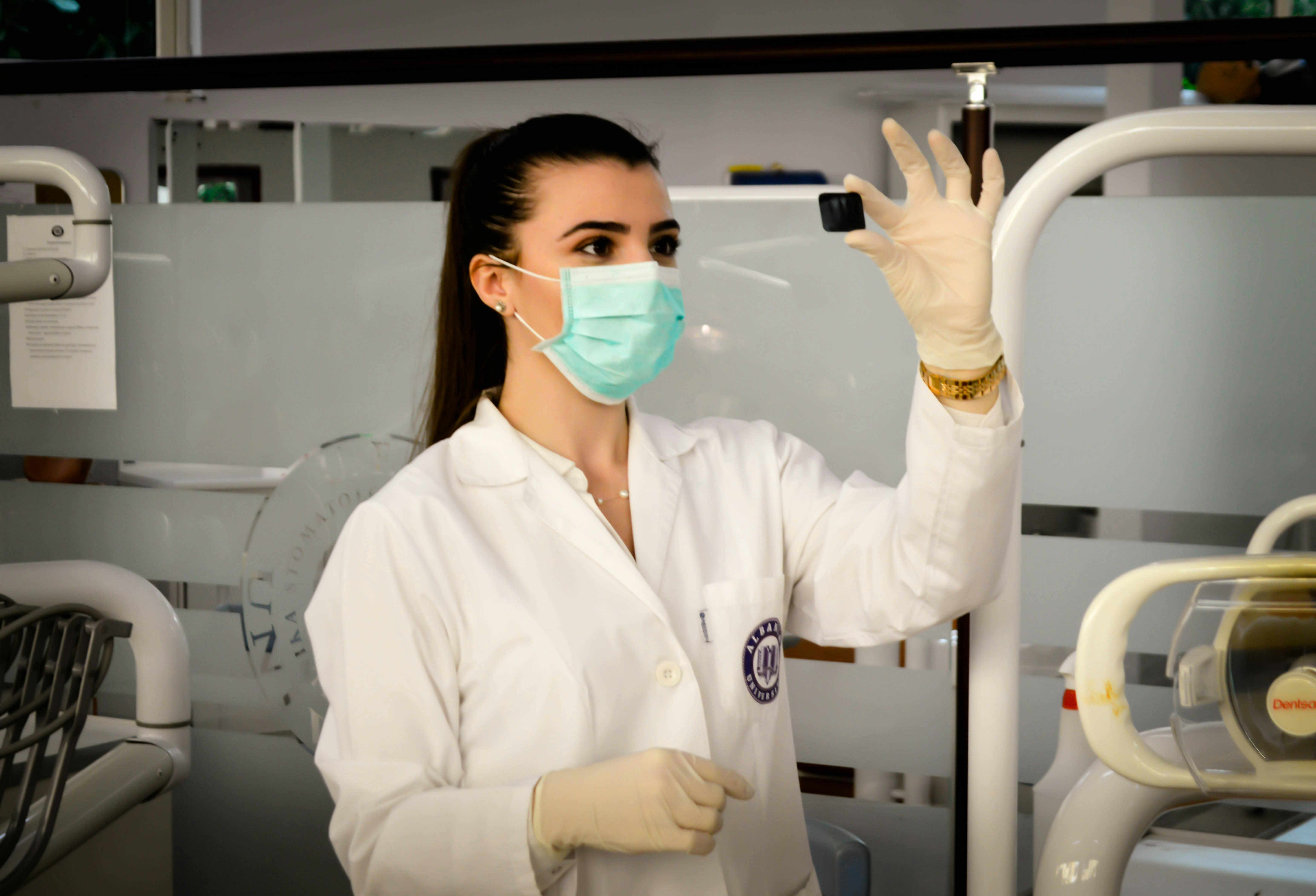How to Assess a Laser Clinic Before Your First Skin Procedure
Choosing a laser clinic for your skin can feel overwhelming, especially when it is your first procedure and you are unsure what to look for. From training and equipment to safety protocols and aftercare, several factors influence both your experience and results. Understanding these points in advance helps you make a calm, informed decision.

How to Assess a Laser Clinic Before Your First Skin Procedure
Preparing for a first laser skin procedure involves more than looking at glossy photos or quick online reviews. A careful assessment of the clinic, its staff, and its routines can reduce risk and improve your overall experience. By looking closely at training, technology, hygiene, and long term support, you can approach treatment with greater confidence and realistic expectations.
Understanding laser surgery clinics in 2025
Laser clinics vary widely in the services they offer, from mild rejuvenation to deeper resurfacing and treatment of scars or pigmentation. Before anything else, identify what type of concern you want to address, then check whether the clinic regularly treats that specific issue. Many responsible clinics publish clear descriptions of which conditions they handle and which cases they refer elsewhere.
Look at who performs the procedures and who supervises them. In many regions, laser devices may be used by different types of professionals, but high quality clinics ensure that a suitably trained medical practitioner assesses your skin, reviews your medical history, and approves a treatment plan. Ask about formal training, years of experience with the specific laser platform, and ongoing education, especially as devices evolve.
Safety should be central when understanding laser surgery clinics, a comprehensive guide to safety and insights in 2025 would emphasize that responsible providers use devices that meet regulatory standards, follow manufacturer guidelines, and maintain rigorous safety checks. You can ask how often machines are serviced, whether safety features such as cooling and eye protection are used, and what emergency protocols are in place if your skin reacts unexpectedly.
This article is for informational purposes only and should not be considered medical advice. Please consult a qualified healthcare professional for personalized guidance and treatment.
Practical guidance for choosing a laser clinic
A structured approach can make evaluating and selecting a laser clinic more manageable. Start with the consultation. A thorough first visit should include a detailed medical history, review of medications, examination of your skin type, and discussion of previous cosmetic procedures. Be cautious if you feel rushed or pressured to commit immediately, especially if your questions are not answered clearly.
During your visit, observe the environment. Treatment rooms should appear clean and organized, with single use items disposed of properly and protective gear such as eye shields readily available. Ask whether photos are taken before and after each session, how your data is stored, and whether there is a written consent form that outlines risks, benefits, and alternatives.
Transparent communication about expectations is another key part of practical guidance, evaluating and selecting a laser surgery clinic means asking for a clear explanation of how many sessions you might need, how long results may last, possible side effects, and typical recovery times for your skin type. You can also inquire how the clinic handles complications, what access you have to medical support after hours, and whether follow up visits are included.
Online information can help, but it should be weighed carefully. Reviews may reveal patterns, such as consistent comments about professionalism or lack of aftercare. However, no review set tells the entire story. Prioritize verifiable factors like credentials, clear documentation, and the opportunity to meet the practitioner who will supervise your treatment before committing.
Long term considerations beyond the procedure
A laser session is only one part of a longer journey for your skin. Long term considerations, beyond the procedure, include how your skin may respond over months and years, the need for maintenance treatments, and the importance of sun protection and skincare routines. Ask the clinic how long typical improvements last for your particular concern and what kind of maintenance schedule, if any, they usually recommend.
Some conditions may need repeated sessions or combination approaches. Discuss whether additional treatments might be required, such as topical medications, chemical peels, or other technologies, and who coordinates this overall plan. It is helpful to know whether the clinic can collaborate with your regular dermatologist or other healthcare professionals if needed.
An honest clinic will also talk about limitations. Not every skin concern responds equally to laser energy, and certain conditions, medications, or skin tones may require modified settings or alternative options. A careful explanation of possible pigment changes, scarring risk, or delayed reactions is a valuable sign that the clinic takes long term outcomes seriously.
As you consider these long term aspects, keep records of your treatments, including device names, settings, and dates. This information can help future practitioners understand how your skin has been treated over time. Long term considerations, beyond the procedure, also include your budget, time for recovery days, and willingness to maintain lifestyle habits such as diligent sun protection, hydration, and gentle skincare.
In summary, assessing a laser clinic before your first skin procedure involves combining objective checks with your own sense of comfort and trust. By examining training and supervision, the quality of equipment, clarity of communication, safety practices, and ongoing support, you gain a more complete picture of how the clinic operates. This thoughtful preparation supports more realistic expectations, more consistent outcomes, and a safer experience for your skin over the long term.




